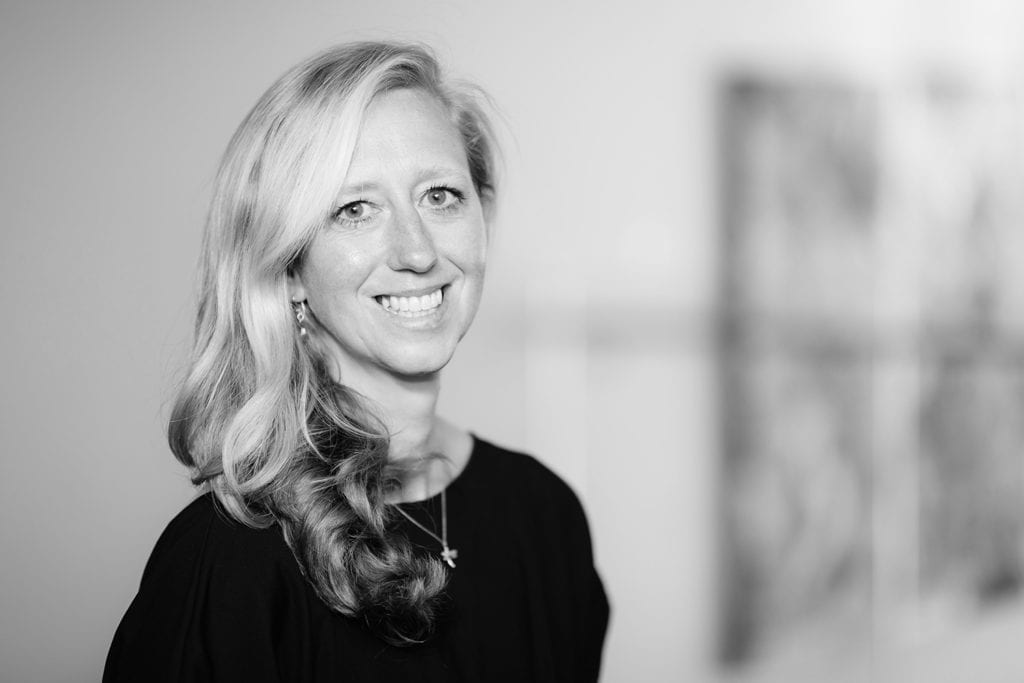Spectrum: the LGBTQ+ employee group within Buro Happold
Spectrum is Buro Happold’s LGBTQ+ employee network group, connecting all LGBTQ+ colleagues and allies. We speak to the co-chairs of Spectrum to discuss their aims, why LGBTQ+ groups remain important, and how we can advance inclusivity and diversity in the wider engineering and construction industry.
Spectrum was founded by employees of Buro Happold in 2016, initially to fulfil a need for a social and community group for those within the practice who identify as LGBTQ+. Over time, it has expanded to become a voice for LGBTQ+ colleagues to champion their needs, as well as a space for allies to show their support.
Promoting and upholding principles of inclusivity, Spectrum works to provide a welcoming, supportive, safe and confidential space for all LGBTQ+ colleagues and allies to meet, as well as informing and influencing Buro Happold’s approach to LGBTQ+ issues by sharing experience, expertise and ideas with senior leaders.
They celebrate difference and diversity through involvement in key events like Pride, and provide outreach opportunities to local community groups, charities and projects.
To find out more, we spoke to the co-chairs of Spectrum, Vicky Thorburn and Charlette Rawls. Vicky is head of people data and insights. Charlette is regional workplace environmental leader, based in Los Angeles.
Why was Spectrum founded?
Vicky Spectrum began as a social support network; a few people in London would get together for drinks and a chat. It then expanded to a group on our intranet, and we soon realised that we wanted it to become more ‘official’. This deliberately wasn’t an HR-led group but has always been about the people who are members of it.
The most important aim of Spectrum is that we want to make ourselves redundant. We want an industry (and a society) when LGBTQ+ groups don’t need to exist anymore. But until that time, we want to create a supportive network for all LGBTQ+ people and their allies.
I feel confident in saying that we have people at Buro Happold who will say they feel supported by our colleagues, and that in the office and in external meetings they don’t feel they have to hide who they are.
However, when looking at the industry more broadly and in some countries, that isn’t always the case. We know that the site environment can still be one where LGBTQ+ people feel the need to hide part of their identity, for example.
Since we founded Spectrum in 2016, there has been work behind the scenes of helping people feel comfortable with active allyship and supporting them in knowing they are saying the right thing. I don’t think there has ever been a lack of support at Buro Happold but having Spectrum has certainly helped with awareness and has supported a number of colleagues on their allyship journey.

What has Spectrum achieved since it began?
Charlette: Spectrum has become a great space for those in the LGBTQ+ community. It is a wonderful, safe social outlet where we can get together and laugh and tell stories. It feels especially important within the US right now, given how much anti-LGBTQ+ legislation and conversations there are.
It can be emotionally draining to constantly see headlines and news articles from people who are challenging the existence of so many folks in our community. Spectrum is a great reminder that there are lots of great people out there, especially at Buro Happold.
There is a fine balance of highlighting our work and acknowledging the importance of making sure Spectrum remains a safe space. I would love for the wider LGBTQ+ community to obtain visibility in all sorts of ways, through community work and engagement. And of course, talking about the community during events like Pride.
Vicky: We are also able to have a supporting role in reviewing policy changes, processes and rewards to help ensure that everyone, including LGBTQ+ people, are considered and supported through their work at Buro Happold. Being part of the Inclusion Council in the UK, for example, also helps us connect with other employee network groups and with the partners and leadership.
What has changed for Spectrum recently?
Charlette:
Historically, there hasn’t been a huge US presence within the group, so I was pleased to recently step into the role of co-chair. Both Vicky and I have been excited about the idea of the US becoming more involved with Spectrum; we’ve had a lot more US staff attending meetings or asking me about our work recently. Over the last year or so we have worked hard on connecting with leadership and highlighting the importance of groups like ours.

Having Jennifer Price joining us as a woman in the position of US managing director has been really impactful to our morale, as well as her support of employee led groups like Spectrum. She has been really encouraging. I’d like to mention our HR group as well; they hear a lot of my feedback as co-chair, and they lend a friendly ear. I really appreciate that from them.
How can we be better allies in the workplace?
Vicky: We can all work within our own sphere of influence to facilitate positive change. It is about using the opportunities you have to uplift the voices of LGBTQ+ people – or of any marginalised group. Be a role model when you have an opportunity to be one and speak up against micro-aggressions without speaking over or on behalf of someone.
It doesn’t have to be a big deal; it can be a small action. It could be sharing an interesting relevant article on LinkedIn or speaking up when someone is misgendered. It is simply about using whatever platform you have to uplift others’ voices. Sometimes people may feel that to be an ally they need to be in a leadership position, but it’s everyday actions that we can all take that make the difference.
Charlette: I am conscious that a lot of this work is led by those who are in the LGBTQ+ community, who are of course doing their own full-time jobs too. So being partnered with folks who are strong allies is a key next step.
Sometimes people consider themselves an ally but then get nervous about conversations about it; my wish is to build confidence of our allies to do some of that emotional and literal labour too – here within Buro Happold, but outside too.
An important part of being an ally is to listen and really hear what is being said. I think a cause for hesitancy among allies is that they don’t want to take up space that doesn’t belong to them. But I always say that allies can highlight that space, and LGBTQ+ voices, and direct people to resources that have been created by members of the community.
That is really important, because it means not having to get members of the LGBTQ+ community to do the work. A huge part of allyship to me is helping push awareness and conversations over the line.
Vicky: I think companies need to be doing the work for the other 11 months of the year, not just during Pride month. So, signpost other supportive work that is done throughout the year and ensure you uplift LGBTQ+ voices throughout the year, not just during Pride.
It’s not just about Spectrum or LGBTQ+ people doing the work; being an ally can be about organising an event yourself – a charity day, a talk – and not just relying on marginalised groups to do the work. Any employee network group would really appreciate the offer of your time, you don’t have to have an event in mind.
Allyship comes in many forms, large and small. It isn’t just about Pride season or one month of the year that receives attention, it should be a continued dialogue, conscious inclusion throughout the year, and an ongoing conversation.





